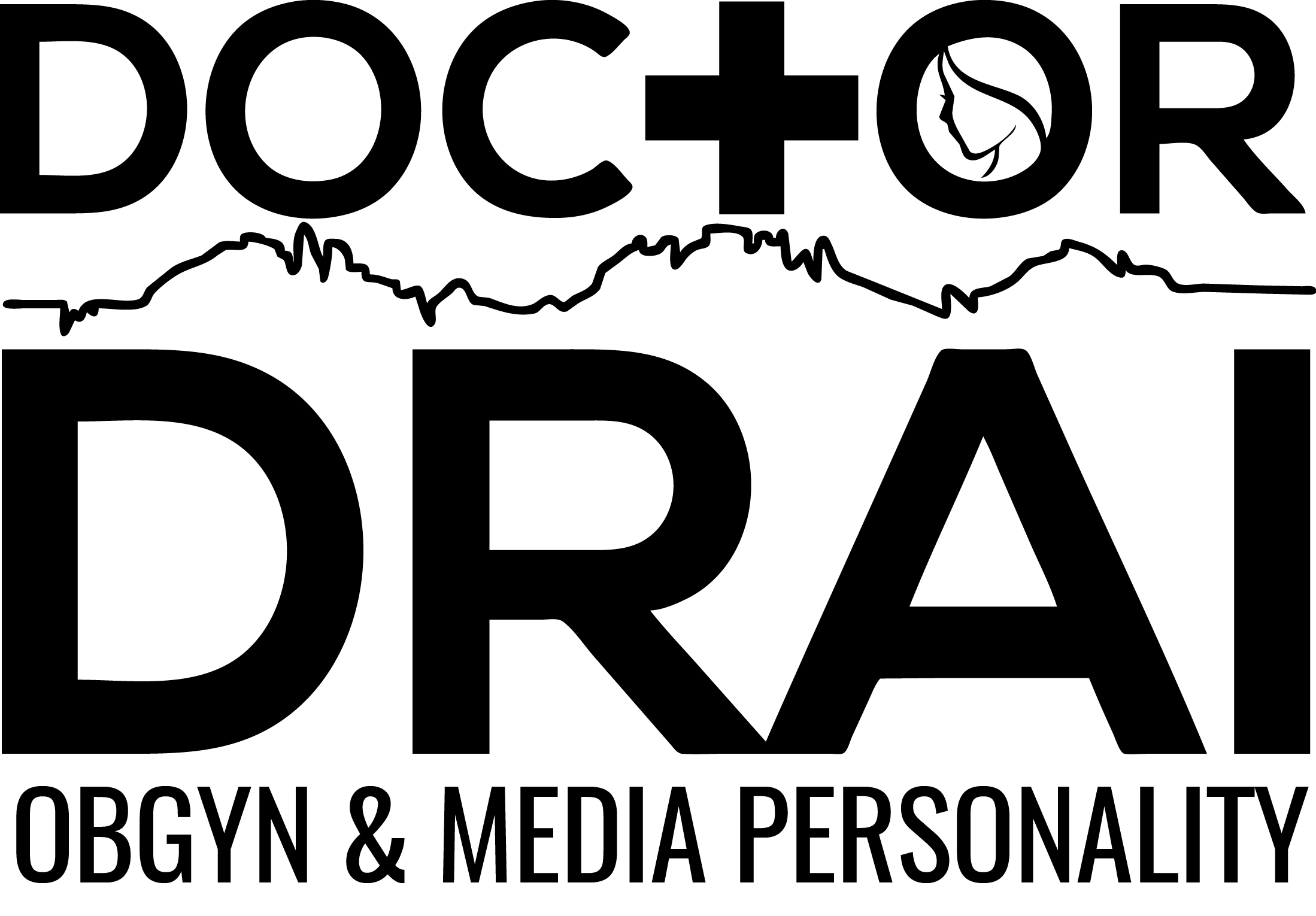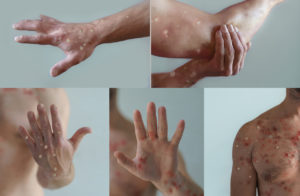Most women that die from poor reproductive health do so because of sexually transmitted diseases. Sexually transmitted infections/diseases (STI/STD) are defined as any venereal disease contracted via sexual intercourse or other sexual intact. Both men and women are susceptible, though STDs in women may lead to infertility, miscarriage, infection in the newborn, or premature birth of the child.
Here are the facts you need to know to protect yourself.
- STDs easily spread when there is any transfer of bodily fluids such as semen, vaginal secretions, or blood from one person to another.
- Avoid having multiple partners or any monogamous relationship where one person is carrying infection from a prior sexual encounter.
- Sexually transmitted diseases are very contagious. For example, if a woman has sex with someone who is infected with gonorrhea (a kind of STD) then there’s an 80 to 90 percent chance she of getting the disease.
- You can transmit an STD through vaginal sex, anal sex, or oral sex. An STD can also be transmitted from a mother to her baby.
- STDs weaken the immune system.
- Women with STDs may have no symptoms.
Just like with other medical conditions, prevention is better than cure. Abstinence from all types of sexual contact is the best way to prevent STDs. But people do not have to deprive themselves of sex as long as they remain faithful to their partners, use condoms and other birth control methods that also serve as sexual safety aids. While other birth control methods may help prevent pregnancy, only latex condoms can lessen the risk of getting an STD.
Sexually active people should consider getting regular gynecological or male genital examinations to allow doctors to check for STDs while they are still in their earliest and most treatable stage. Sexually active people should be well-informed about STDs and the various ways to protect themselves.
Until next time #GYNEGirls and #Preggos…






